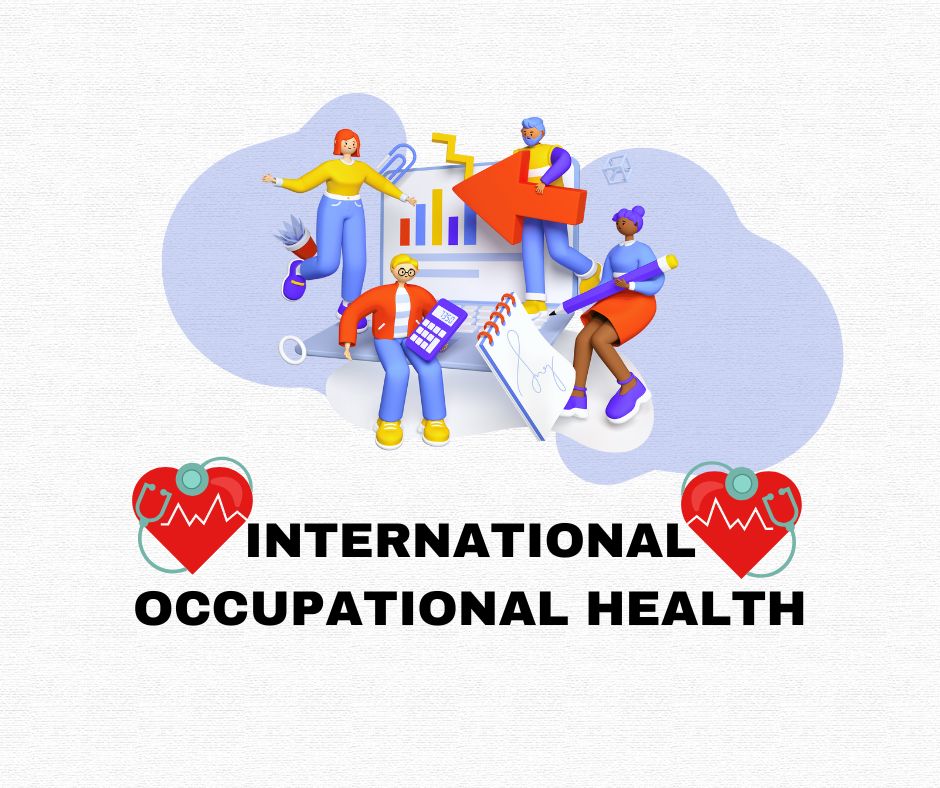
For your satisfaction and suggestions
İGÜMER

Occupational accidents and diseases have not only individual but also social and economic costs. Neglecting OHS measures can have serious impacts on the national economy, leading to an economic loss of between 1 per cent and 4 per cent of gross domestic product (GDP). Therefore, establishing and maintaining healthy and safe working conditions is a strategic imperative not only for individual health but also for sustainable development and economic productivity.
A strong occupational health and safety culture at the workplace level refers to an organisational structure in which employees and employers see a healthy and safe working environment as a fundamental right and actively contribute to its protection. Such a culture is based on the continuous improvement of occupational health and safety practices and the participation of all parties in the process. In the presence of a positive OHS culture, employees feel safe to openly raise concerns about potential risks and hazards in the workplace, thus enabling proactive risk management and a preventive approach.
In conclusion, ensuring occupational health and safety is not only a legal obligation but also a fundamental ethical and social responsibility in the construction of a working life worthy of human dignity. The Occupational Health and Safety Week activities carried out in this direction are of great importance both in terms of raising individual awareness and promoting protective policies at the corporate level.

© Copyright 2022 Istanbul Gelisim University All Rights Reserved.